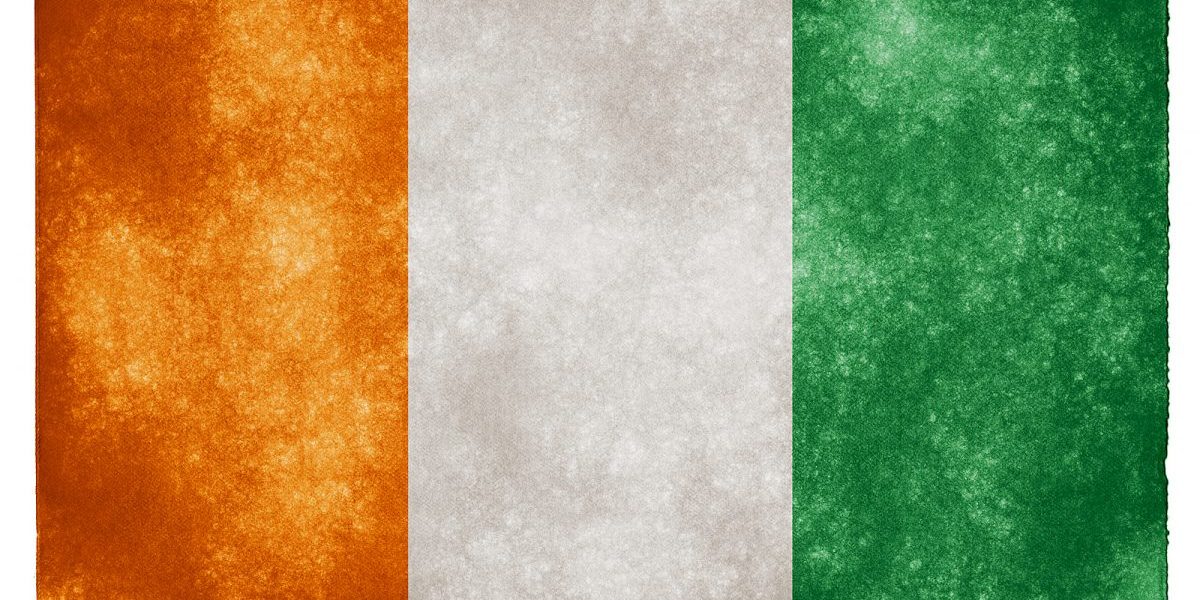For former President Laurent Gbagbo, and others who are likely to stand trial, it is not just the history books which are at stake, but their future freedom. President Alassane Ouattara has declared his intention to try Laurent Gbagbo in-country. He effectively had no choice as an international mandate does not exist to try him anywhere else, but such a course will be fraught with danger in a country recovering from civil war.
Gbagbo will, inevitably, portray himself as a victim of the French, and the shadowy networks commonly known as “Françafrique”, and, therefore, as a liberation hero. That is what his supporters, at home and abroad, having been saying since he lost the election in November but refused to cede power. The French and United Nations role in finally dislodging him from power cannot be doubted, nor can Ouattara’s close ties with President Sarkozy, and many in Africa will therefore be inclined to listen. But such a story will require an extraordinary re-reading of history in general and of French-African relations in particular.
The first inconvenient piece of history is the events of 2000. In 1999 General Robert Guei came to power in a coup, overthrowing President Henri Konan Bedie. Bedie, who came to power in 1994 after the death of his mentor, President Houphouet Boigny, had become increasingly unpopular, partly due to his attempts to exclude his great rival Alassane Ouattara from the political scene by using a dangerous discourse of ethnic exclusion.
Guei continued in the same vein, but turned the “exclusion game” against its creator, by excluding both Ouattara and Bedie from the October elections. Guei had seriously overestimated his support, even with his main rivals out of the way. Gbagbo won amidst widespread violence. Many important voices called for the elections to be re-run on a more inclusive basis, including then UN Secretary General Kofi Annan. Gbagbo was able to resist such pressure, largely due to French diplomatic support, in the UN and elsewhere.
Gbagbo’s supporters don’t talk much of the French diplomatic support that enabled them to come to power in 2000. But those who do talk about it make a distinction between the French Socialist Party, to whom Gbagbo has always been close, and the centre Right Gaullists. For them, “Françafrique” is a purely Gaullist phenomenon. They claim that the coup attempt against Gbagbo in September 2002 can only be understood in the light of Chirac having regained control of the French Parliament, and therefore government, four months earlier.
The mutual hostility between Gbagbo and Chirac cannot be doubted. But to portray Gbagbo as the helpless victim of a plot by a supposedly monolithic Gaullist “Françafrique” is far from the case. Ever since the French socialist party gained power in 1981, there have been several, competing, blocks in the “Françafrique” networks. Despite the very real tradition of anti-imperialism on the French left, the Socialist Party, or large parts of it, has been as guilty as the Gaullists of using backroom channels to influence events in Africa. Rather than seeing Gbagbo as history’s helpless victim, it would therefore be more accurate to see him as resting on one side of a historic divide that cuts not between France and Africa, but divides groups of elites within each.
With the Gaullists retaining power in 2007 Gbagbo, a pragmatist as any politician must be, was ready to repair fences with his one time foes. The fact that Sarkozy fought his way to the top of the Gaullist party as a rival, not an ally, of Chirac, undoubtedly inclined Gbagbo to welcome his victory. And business relations, never far from the minds of both presidents, were certainly not hindered by any supposed resistance to the former colonial power. Vincent Bollore, a French businessman with close links to Sarkozy, opened the new container port in Abidjan in April 2008 – an event that marked the continued although no longer unrivalled strength of French business in the country – nearly eight years after Gbagbo came to power.
The truth is that Gbagbo’s anti-French rhetoric suited him in power, and is likely to suit him out of power. We should not be blind to the fact that Gbagbo has been as much part of “Françafrique” as his rivals.








